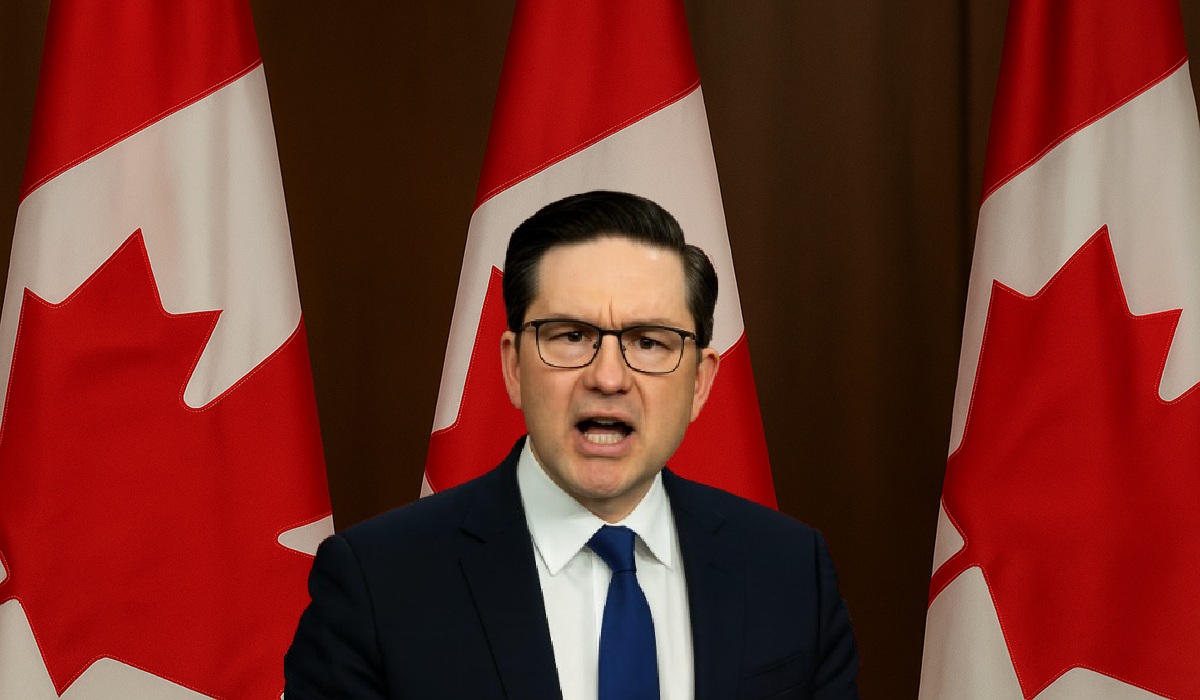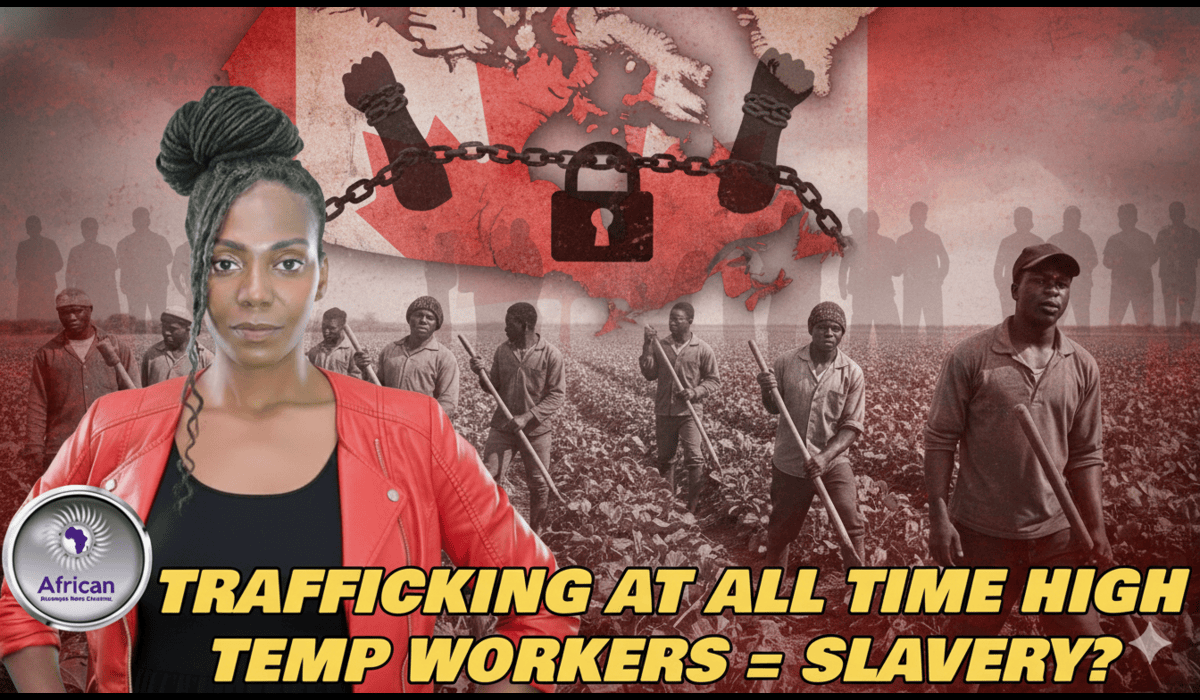Pierre Poilievre’s Rhetoric Crosses a Line: When Opposition Turns Into Obsession
- Ingrid Jones
- Canada
- October 23, 2025

There’s a fine line between holding a government accountable and turning politics into a personal crusade. Conservative Party Leader Pierre Poilievre seems increasingly comfortable crossing that line. His recent comments suggesting that former Liberal Prime Minister Justin Trudeau should be investigated — or even jailed — have jolted Canada’s political discourse.
Poilievre’s remarks, made in response to lingering allegations about the RCMP’s handling of certain Trudeau-era ethics and foreign interference issues, went far beyond the usual opposition rhetoric. He accused the RCMP of “looking the other way,” implying a cover-up at the highest levels of law enforcement. To many, it sounded like an echo of the populist playbook seen elsewhere — most notably in the United States — where political adversaries are not just criticized but criminalized.
It’s a deeply troubling turn. Whether one supports or despises Trudeau’s policies, the notion that a sitting opposition leader would publicly float the idea of jailing a former Prime Minister — without evidence of a crime — undermines Canada’s democratic norms. It suggests vengeance, not vision.
Poilievre’s defenders argue he’s merely giving voice to Canadians frustrated by perceived Liberal corruption and elitism. That’s fair. Canadians do expect accountability. But accountability must come through the rule of law, not through populist grandstanding. What makes this episode particularly disheartening is not just what Poilievre said, but when and how he said it. Trudeau is no longer Prime Minister; he’s effectively a private citizen. The fixation feels less about justice and more about score-settling — a political maneuver designed to energize the base rather than elevate the country.
This is where Poilievre’s leadership style raises legitimate concern. For months now, his public persona has been defined by anger, outrage, and perpetual grievance. Every speech, every clip, every headline seems steeped in hostility. Turn on the news and there he is — scowling, mocking, sneering. It’s become his brand. Yet that brand, effective for rallying a crowd, is corrosive for governing a nation.
Leadership requires more than opposition. It requires aspiration — the ability to make people believe tomorrow can be better than today. Right now, Poilievre’s message feels more like “burn it all down” than “build it back up.” And that’s the tragedy of it. For all his political skill and intelligence, he seems unwilling to rise above the performative combativeness that defines modern partisan warfare.
It’s worth remembering: the Conservative Party has a strong and loyal 40 percent base — solid, energized, and ready. But to form government, they need more than that. They need Canadians who are tired of division and craving steadiness, compassion, and a sense of national unity. Time and again, Conservative leaders — from Stockwell Day to Andrew Scheer to Erin O’Toole — have stumbled on this exact point. They mistake indignation for inspiration.
Poilievre, on paper, could have been different. Smart, articulate, battle-tested. A fighter. But fighting is not leading. Canadians don’t want another brawler; they want someone who can govern with integrity, vision, and calm authority. Every time Poilievre doubles down on his angry populism, he makes that harder to believe.
Say what you will about Mark Carney — he’s no political saint — but he projects competence, balance, and composure. He speaks to Canadians like adults, not like an audience at a rally. And that contrast is becoming sharper by the day.
Pierre Poilievre still has time to pivot, to show he’s more than a partisan attack dog. But that window is closing fast. The country doesn’t need a crusader obsessed with his predecessor. It needs a leader ready to govern for all Canadians — not just those who already agree with him.
Because in the end, real leadership isn’t about who you can tear down. It’s about who you can lift up.








